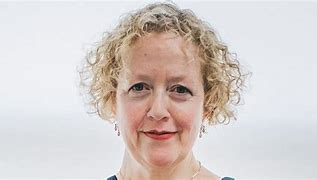Ellmann vs Joyce
- tonykirwood
- Oct 11, 2021
- 2 min read
I haven't yet read "Ducks, Newburyport" by Lucy Ellmann. It's on my list, not just because it won the James Tait Black prize and the reviews are so positive, but because I find her tone, caustic yet warm and comic, so empathic. The novel is over 1,000 pages long and is an unrepentantly modernist stream of consciousness. This has inevitably led it to be compared to "Ulysses". One of Joyce's most famous quotes was put to Ellmann:
"I've put in so many enigmas and puzzles that it will keep the professors busy for centuries arguing over what I meant, and that's the only way of ensuring one's immortality."
Her reply was:
"It's such an arrogant thing to say. Why do we have to be immortal anyway? I don't get it. I'm not interested in deceiving anybody, or confusing anybody. I want clarity. And I'm interested in getting straight through to people."
And that, for me, got directly to the heart of what writing should be about: communication. If people don't understand it, why write it? It doesn't mean everything in your story should be blindingly obvious, or that ambiguity is outlawed, or that the reader should not sometimes feel a certain mystery about a character or where the story is going. But they should have enough of a sense of what you are on about to keep ploughing ahead without looking in encyclopaedias or wishing they'd taken a masters. Writers should be clearing the path of obstacles for readers, not dropping stones all the way.
"Ulysses" repays the enormous effort taken to read it, but in my view at times only just. For writers, I recommend Ellman's precept, not Joyce's.
And who are you writing for anyway - professors or people?





Комментарии